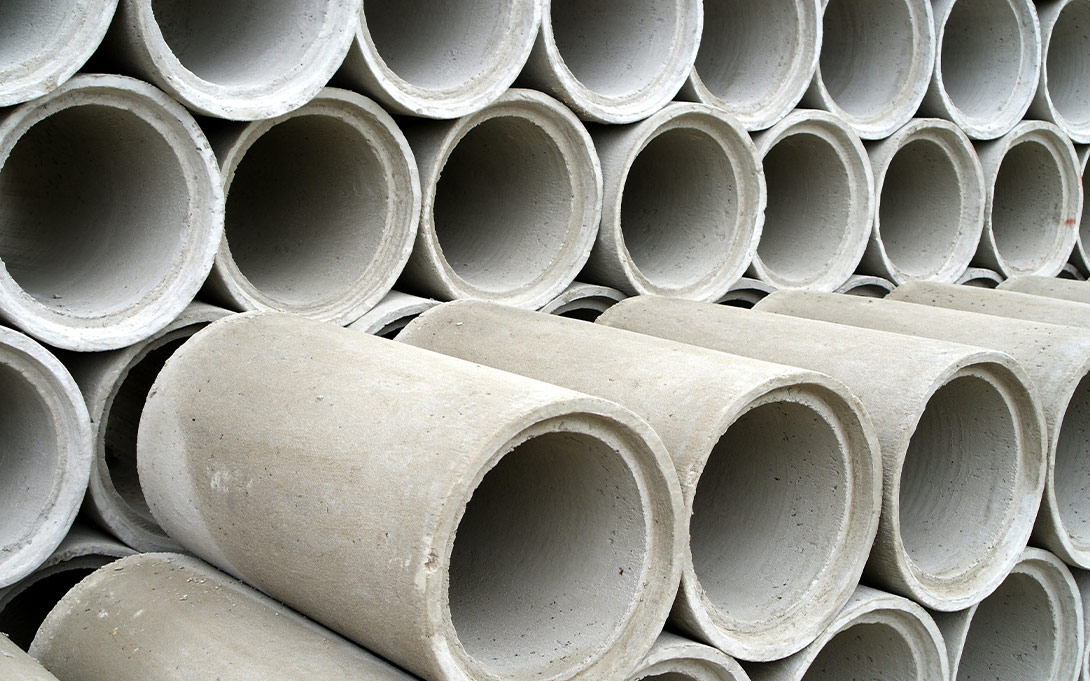
A policy brief from Poverty Solutions outlines the need for policy reform in the delivery of clean water, based on assessments of economically diverse communities in the Detroit area.
Michigan is blessed with a significant portion of the world’s freshwater supply, but water quality and affordability have been persistent issues affecting households throughout the state. Overwhelmingly, researchers, policymakers, and community advocates have addressed these problems in central cities—and understandably so, given the devastation of the Flint water crisis, water shutoffs in Detroit, and widespread lead contamination. However, because of the suburbanization of poverty, there are now more residents struggling to afford and access clean, safe water in suburban communities where there are also fewer social welfare institutions to meet their needs.
In recent decades, suburban communities have become more diverse and include a growing number of low-income and poor households, along with immigrant communities and a range of racial and ethnic groups. Nationally, between 2000 and 2014, there was a 65% increase in suburban residents below the federal poverty line. By 2014, a majority (56%) of metropolitan-area residents living below the federal poverty line lived in the suburbs. These trends have been most pronounced in Midwestern cities like Detroit, where suburban poverty increased by 87% between 2000 and 2014.
The growing number of residents with low incomes poses significant challenges for suburban communities, which are highly fragmented. Unlike in cities, where social services have long been centralized and place-based, suburban communities include a large number of governments that tend to have fewer resources to serve their residents. The relative isolation of suburban life and the value put on privacy further disguises public problems as individual dilemmas, which can further discourage people from seeking out available resources. Yet, the presence of smaller and local governments presents an opportunity to be more responsive to residents’ needs.
The rise of suburban poverty over the last two decades, combined with growing water costs, has made water and sewage bills increasingly unaffordable for many suburban Detroit households. As a national water affordability expert concluded in an analysis of 83 communities across the Detroit metro area: “No community in Southeast Michigan in the GLWA [Great Lakes Water Authority] service territory is exempt from the presence of unaffordable water burdens.” In recent decades, water bills nationally have grown at rates higher than inflation, disproportionately affecting lower-income households.
With assistance programs inadequate to meet this growing need, many suburban communities rely on water shut-offs or tax liens in an effort to force payment and prove to bondholders, federal loan programs, and private investors that they are willing to conduct strict enforcement. Yet the threat of shut-off or losing a home to unaffordable taxes creates significant distress for families with low incomes who must learn to prioritize their water bills even over other necessities like health care and housing.
This brief demonstrates that, for reasons including poverty, health issues, unemployment, caretaking responsibilities, and abnormally high bills, water bills have become unaffordable for residents across suburban Detroit. We conclude by offering additional insights on how the State of Michigan, GLWA, and local water departments can address water affordability issues in the Detroit metro region.
Key Findings:
- Water is unaffordable for residents across Oakland and Macomb counties, even in higher-income communities.
- Water shut-off policies create significant distress for families.
- Financial shortfalls can be both chronic and short-term, resulting from job instability or loss, caretaking responsibilities, and physical and mental health issues.
- Residents receive inadequate and confusing information about existing payment assistance programs, and many qualified households never receive any form of assistance.
- In the absence of formal programs, some residents have been able to make informal payment plan arrangements with their local water departments.
- Residents report steep increases due to stormwater charges, smart meters, and the switch to monthly billing.
- There is a lack of formal process for residents to dispute unusually high water bills.